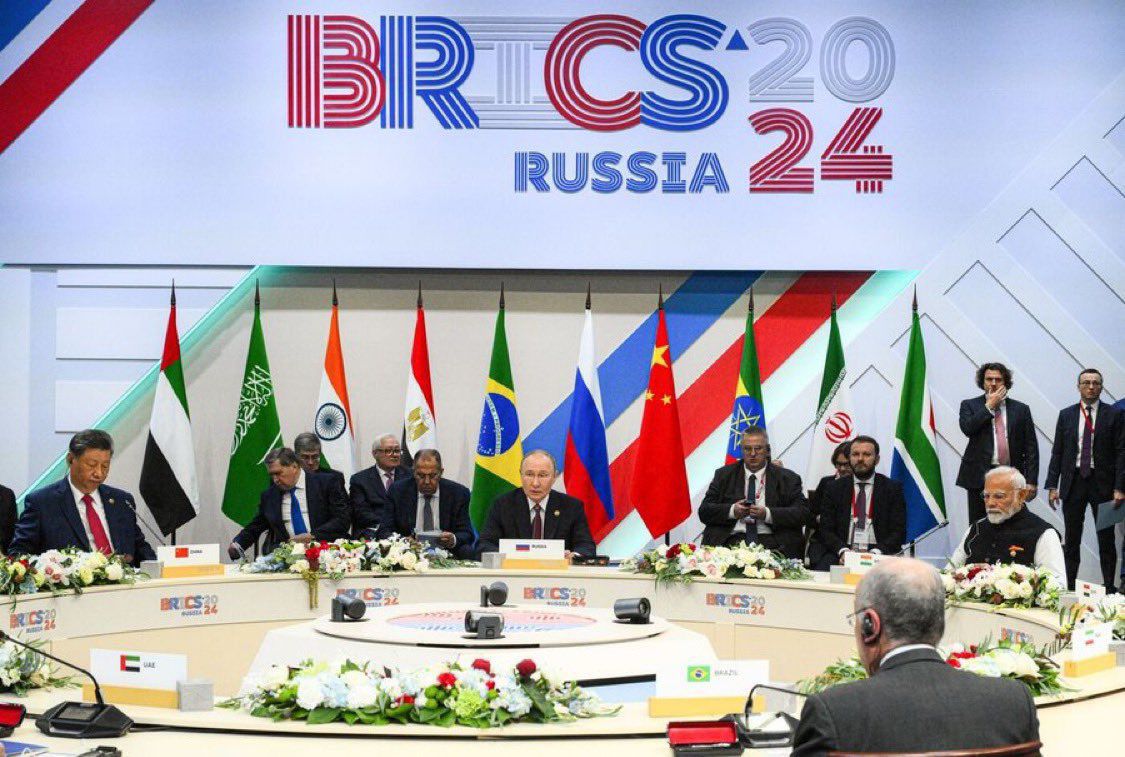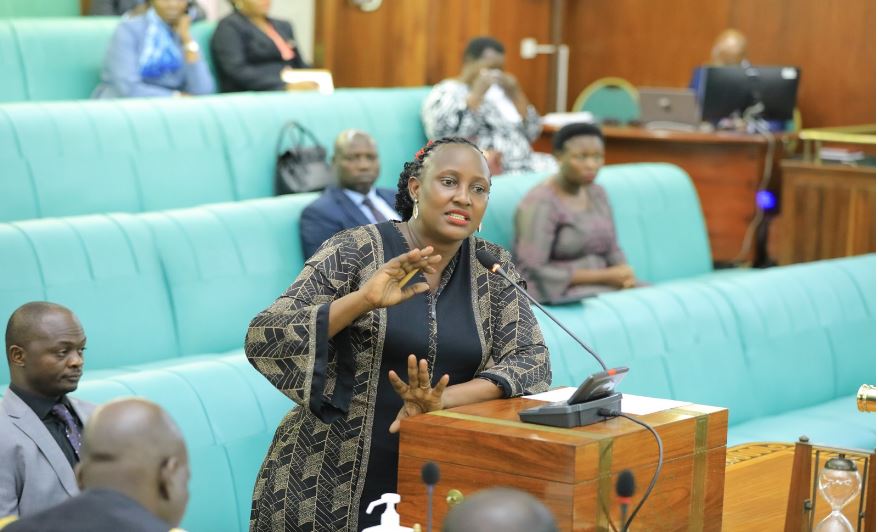
Breaking: Uganda joins BRICS as first East African partner Nation, to bolster trade and investment
Uganda has officially joined BRICS (Brazil, Russia, India, China, and South Africa) as one of 13 new partner nations in a move set to reshape its international trade and investment prospects.
By aligning with the BRICS alliance, Uganda is positioning itself to benefit from deeper economic ties with some of the world’s largest emerging markets.
Other nations joining as BRICS partners include Algeria, Indonesia, Turkey, Nigeria, and Vietnam, as the group seeks to expand its global influence and foster a more balanced, multilateral trade system.
The expansion is part of BRICS’ long-term strategy to challenge the dominance of Western-centric trade and financial institutions, promoting alternative economic pathways.
New Trade and Investment Opportunities

For Uganda, the inclusion in BRICS presents opportunities to diversify its trade relationships and tap into the vast markets within the alliance.
With a GDP that relies heavily on agriculture and natural resources, Uganda stands to gain from increased foreign investment and trade in sectors like oil, minerals, coffee, and tea.
Africa’s Rising Influence
The expansion of BRICS highlights the growing importance of African nations in shaping global economic alliances. Nigeria, Africa’s largest economy, has also joined as a BRICS partner, signifying the continent’s increasing role in global trade discussions.

Uganda’s decision to join the BRICS partnership aligns with its broader goal of building alliances outside traditional Western markets.
African nations, long seen as recipients of Western aid and investment, are now seeking to assert themselves in international trade through partnerships that emphasise mutual benefit and economic development.
“BRICS provides a platform for African countries to engage on more equal footing with major economies,” noted a regional trade expert.
“The shift toward south-south cooperation is particularly important for countries like Uganda, which are seeking to reduce dependency on Western markets.”
A New Era for Uganda’s Economy
As Uganda enters the BRICS fold, the country is poised for an economic transformation that could see it become a stronger player in global markets.
Through increased foreign direct investment, access to new technology, and enhanced trade relations with BRICS members, Uganda has the potential to accelerate its industrialisation and development goals.
The partnership is also expected to contribute to infrastructure development, particularly in energy and transportation, which are critical for improving Uganda’s economic competitiveness.
This move signals a new era for Uganda, one that emphasises strategic partnerships and global integration with emerging economies.
With BRICS’ influence growing on the world stage, Uganda’s participation could significantly elevate its economic standing, giving it a stronger voice in shaping international trade policies and development initiatives.
Growing Influence of BRICS
With the inclusion of these 13 partner countries, BRICS has significantly expanded its global footprint, now engaging with nations from Africa, Asia, Europe, and Latin America. Collectively, these countries represent a significant portion of the world’s population and natural resources, making the bloc a more formidable player on the global stage.
“This expansion marks a new chapter for BRICS as we continue to build a more inclusive, representative global order,” said Russian President Vladimir Putin during the summit. “By adding these new partner nations, we are reaffirming our commitment to creating a multipolar world that benefits not just the West but all regions.”
The new partners bring diverse economic, political, and cultural strengths to the table, enhancing BRICS’ potential to act as a counterbalance to Western powers, particularly the United States and the European Union. With countries like Indonesia, Turkey, and Nigeria—some of the world’s largest developing economies—joining the alliance, BRICS aims to boost South-South cooperation and foster new trade routes and investment channels across continents.
Key Nations and Their Strategic Importance
- Algeria: A key player in Africa’s energy sector, particularly in oil and natural gas, Algeria’s inclusion in BRICS strengthens the bloc’s influence in global energy markets.
- Belarus: A close ally of Russia, Belarus brings strategic geopolitical value, particularly in Eastern Europe, where tensions between NATO and Russia remain high.
- Bolivia: Known for its rich lithium reserves, Bolivia is set to contribute to BRICS’ plans to expand its role in global green energy production.
- Cuba: Long-standing ties with Russia and China make Cuba an important political ally within the Caribbean and Latin American regions.
- Indonesia: Southeast Asia’s largest economy and a member of the G20, Indonesia’s partnership signals BRICS’ increasing engagement in the region.
- Kazakhstan: The world’s largest landlocked country and a key player in the Eurasian economic region, Kazakhstan brings substantial natural resources, including uranium and oil.
- Malaysia: A major exporter of electronics and commodities, Malaysia’s economic strength adds further diversity to BRICS’ economic alliances in Southeast Asia.
- Nigeria: Africa’s largest economy, Nigeria’s partnership with BRICS offers a gateway to West Africa and access to vast natural resources, including oil and gas.
- Thailand: A central hub in Southeast Asia’s manufacturing and tourism sectors, Thailand’s inclusion is expected to enhance regional trade ties within BRICS.
- Turkey: A geopolitical bridge between Europe and Asia, Turkey’s partnership with BRICS could shift regional power dynamics, particularly in the Middle East and Eastern Europe.
- Uganda: An emerging player in East Africa, Uganda’s potential in agriculture and oil production strengthens BRICS’ footprint on the African continent.
- Uzbekistan: Rich in minerals and a strategic hub in Central Asia, Uzbekistan’s partnership brings economic and geopolitical value, particularly in connecting Asian markets.
- Vietnam: Known for its rapid economic growth, Vietnam’s role as a manufacturing powerhouse in Asia adds significant weight to BRICS’ economic strategies.






1 Comments
This new BRICS strategy will help shift balance of power in a geo political serting